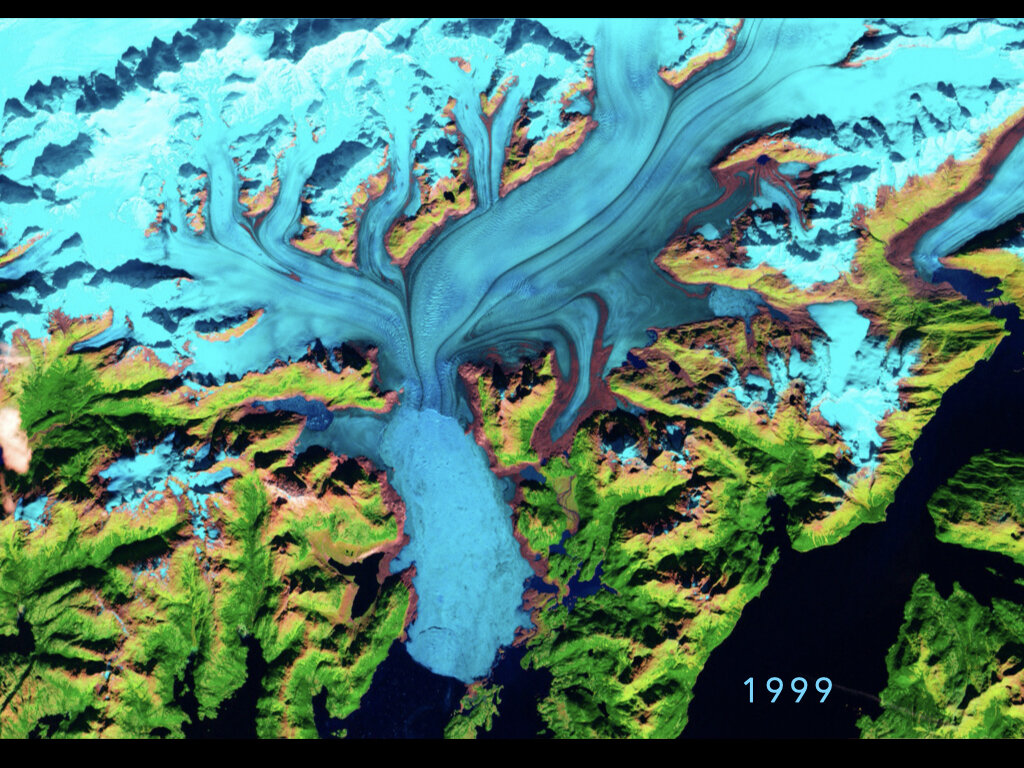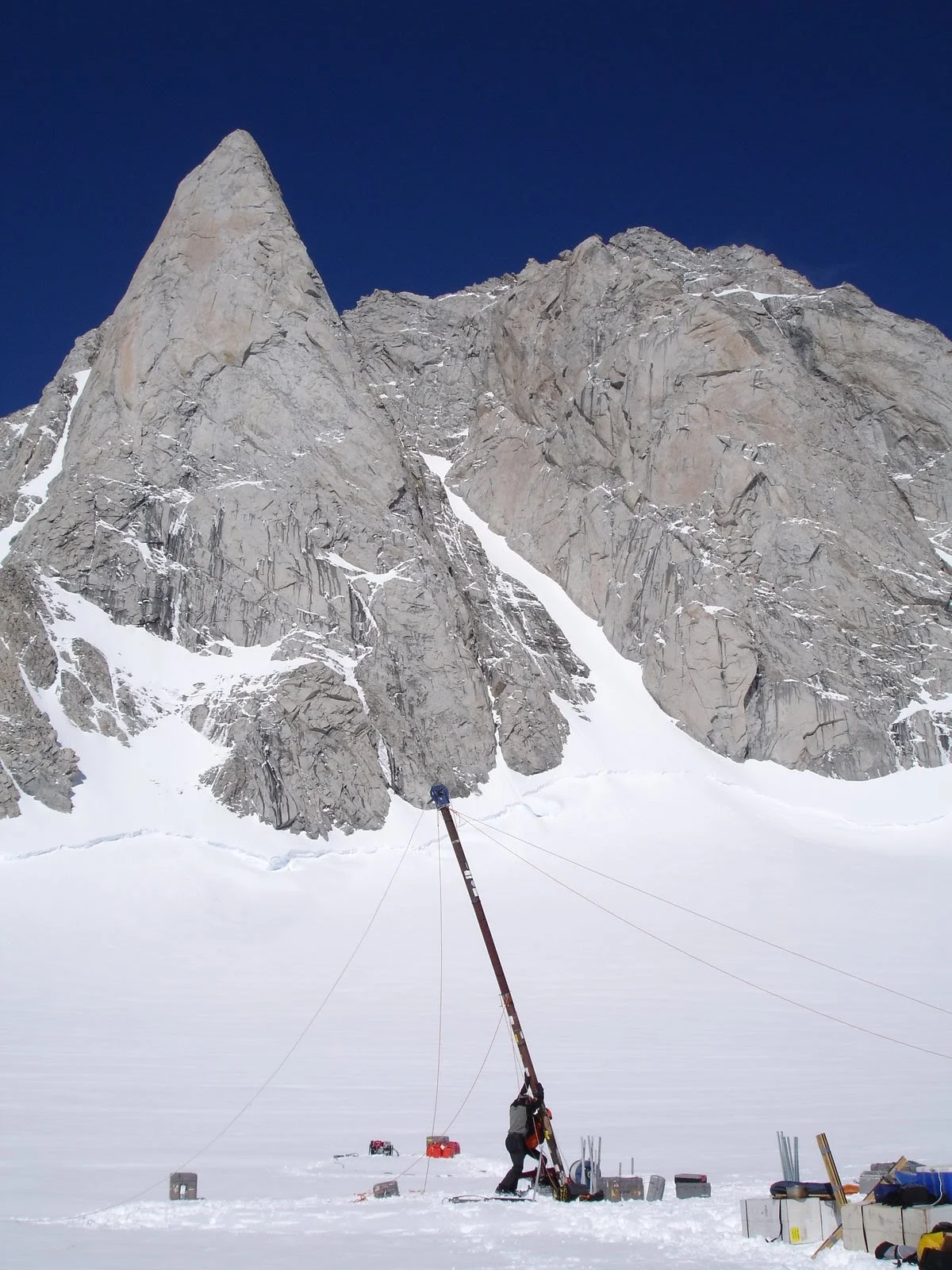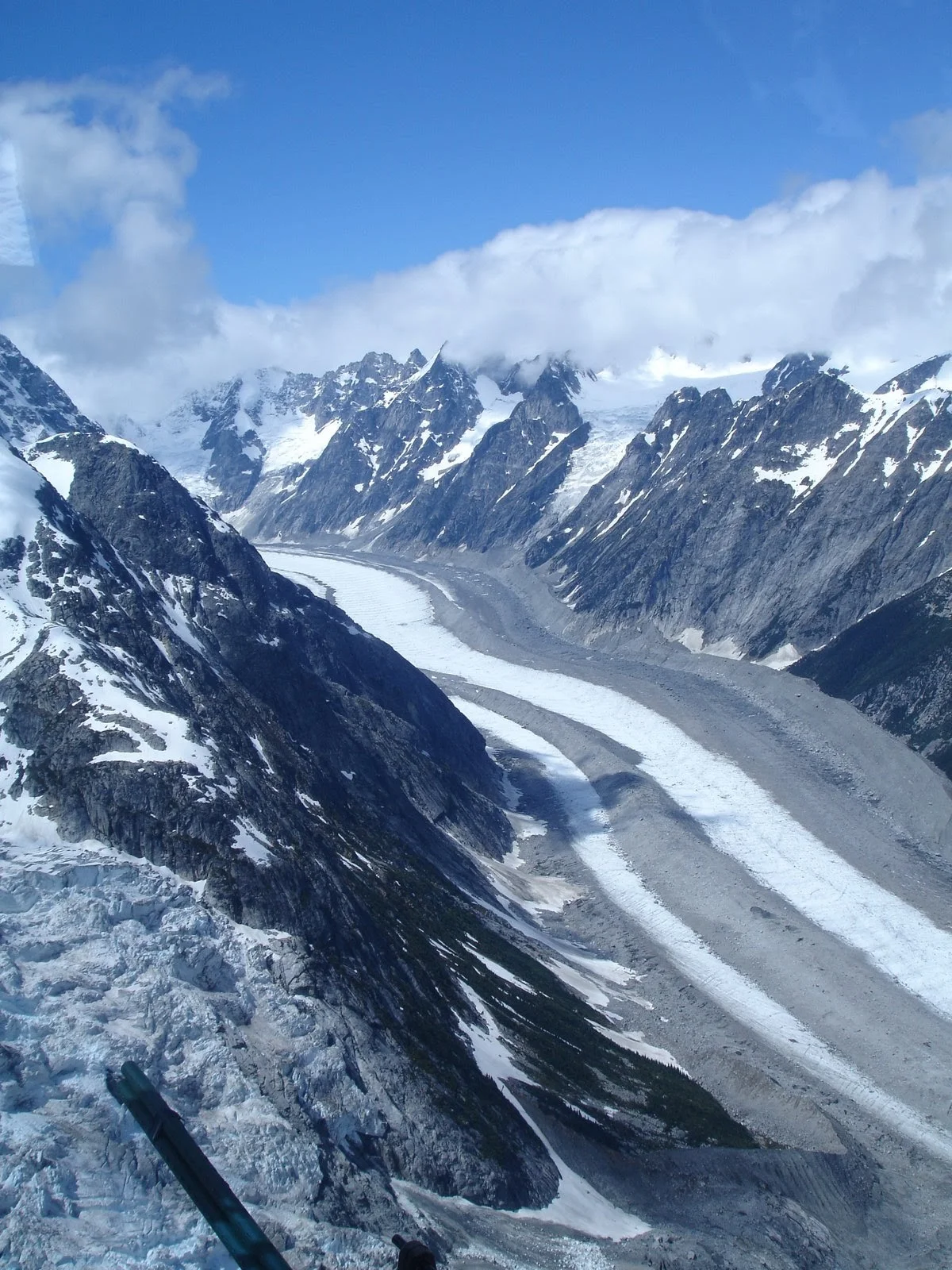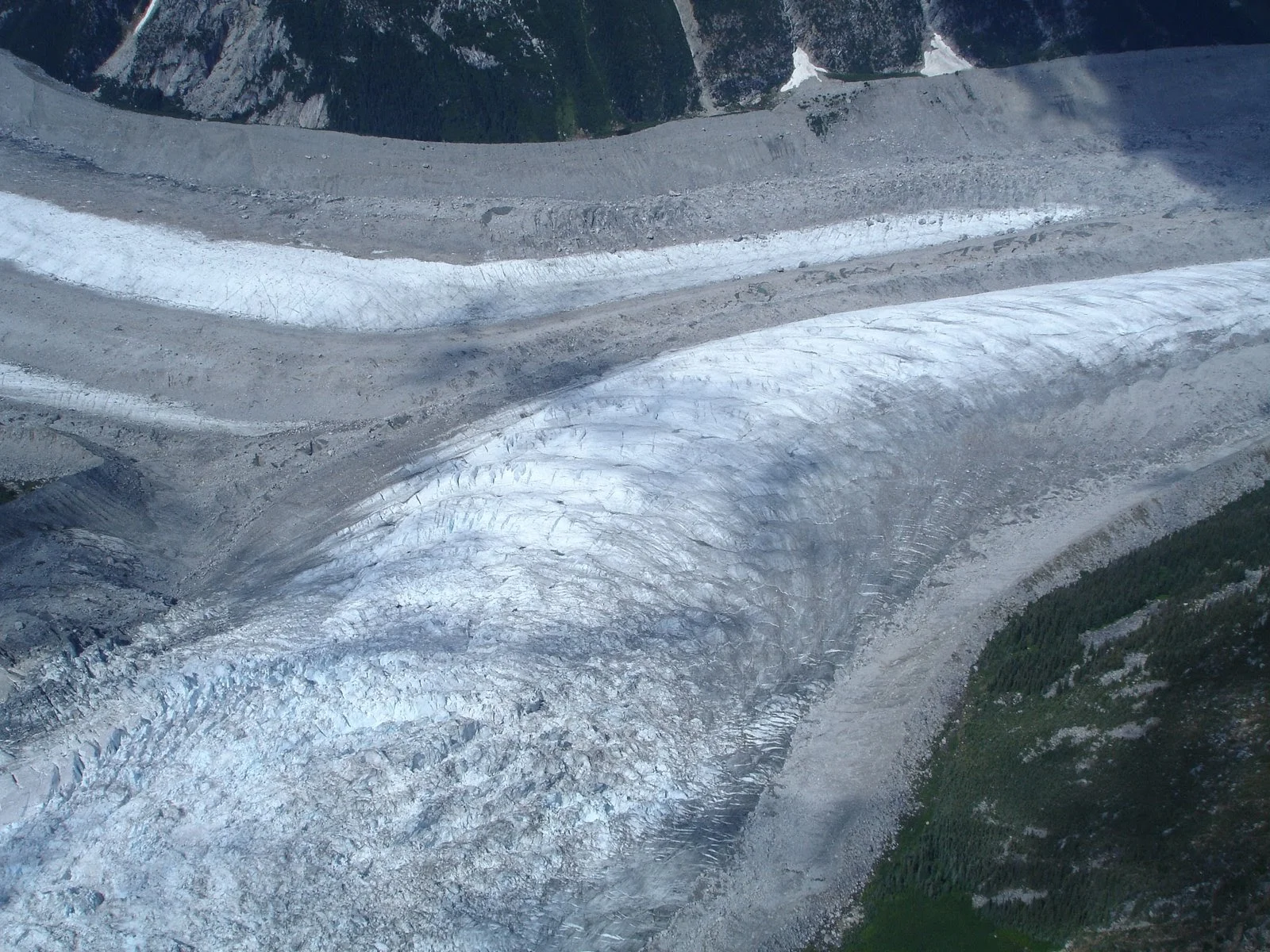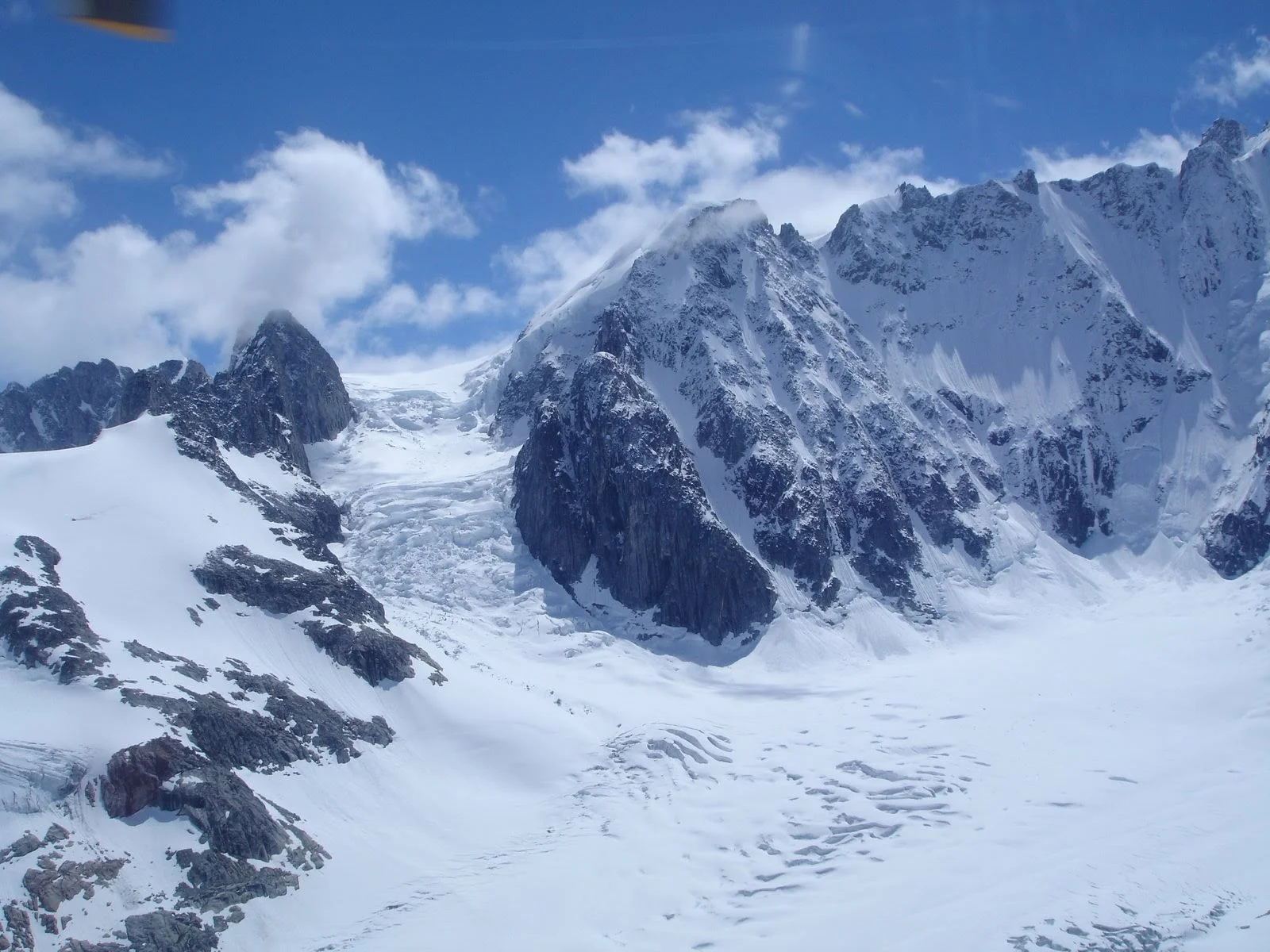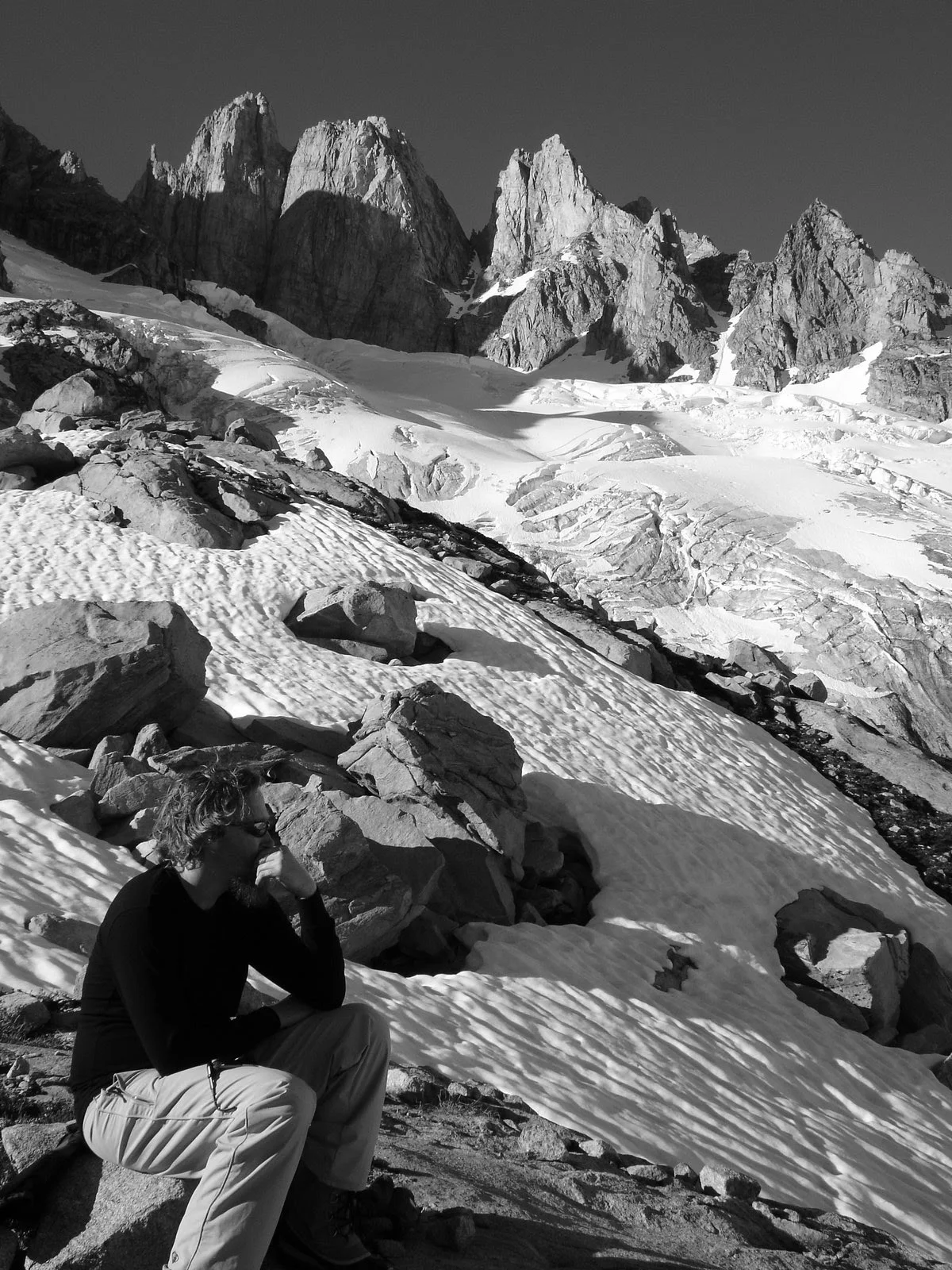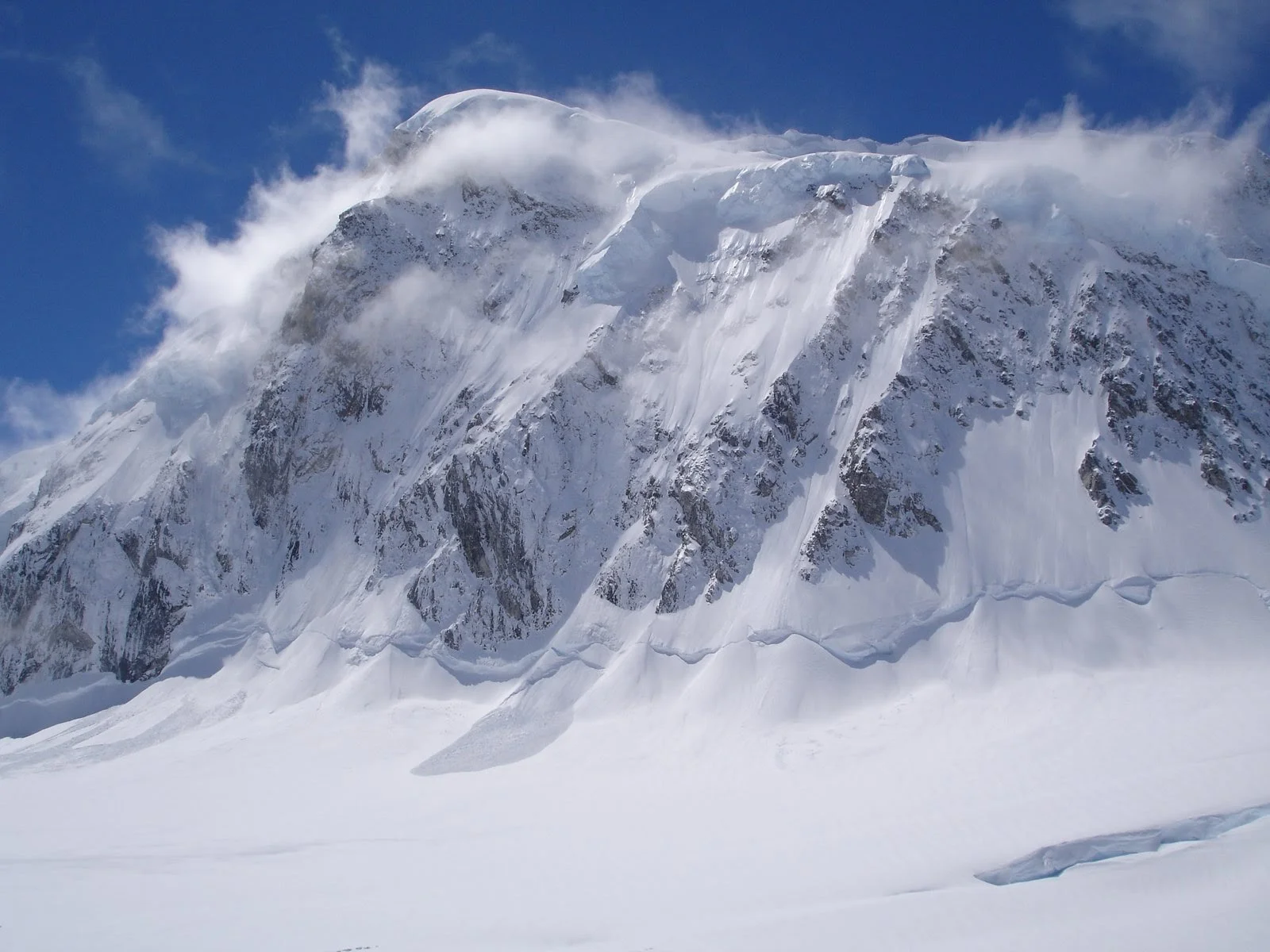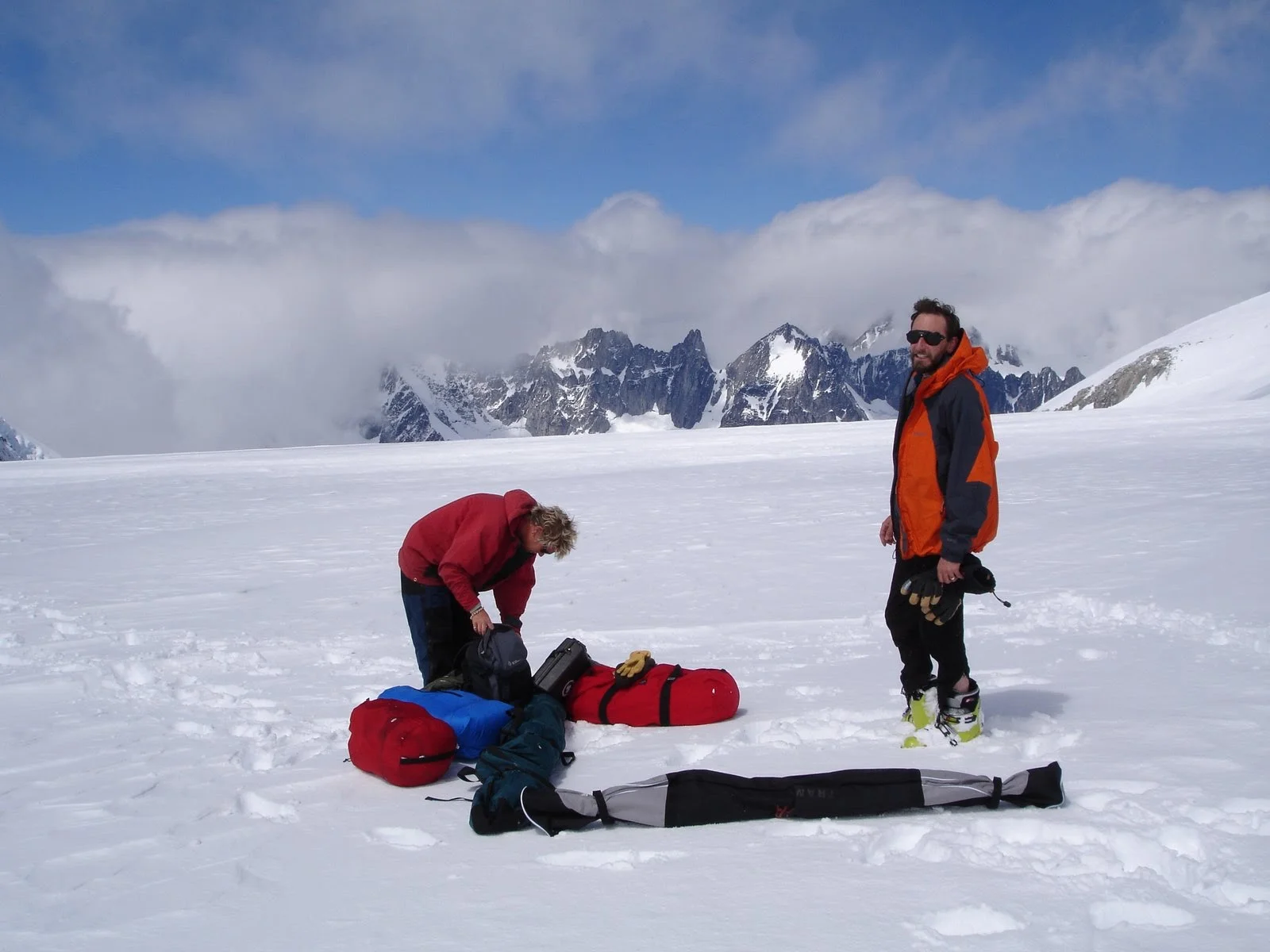Glaciers in the Climate System GEO 477/577
New class at Osu: Winter 2021 (3 credits, MWF at 10am)
Are you majoring in geology, climate science, oceanography, physics, engineering, math, or related topics?
Are you a graduate student whose research touches on the cryosphere?
As an undergrad - take this class to learn the physics behind Glaciers, Snow, Mountains, and Oceans!
As a graduate student - if the cryosphere is any part of your research, take this class to give you a solid foundation.
The Earth's cryosphere plays a major role in our climate system. Glaciers, in particular, are a component of the cryosphere that has both local and global implications for ecosystems and human communities, from freshwater resources to sea level rise. In this class, you will learn how glaciers form, how they flow, how they advance and retreat with changing environmental conditions, and how they affect the landscape or ocean around them. As a class we will explore mountain glaciers of Oregon and the Cascades, the tidewater glaciers of Alaska, the high elevation glaciers of the Himalaya, and the major ice sheets on Greenland and Antarctica.
You will learn how to apply conservation of energy, mass, and momentum to understand processes that control the evolution of icy landscapes from the mountains to the poles. You will practice critical thinking skills to determine and justify simplifying assumptions that distill a complex problem to a simple quantitative model capturing the "essence" of a problem. You will learn how we make measurements to observe these rapidly changing landscapes from millimeter scale changes in a snow crystal to kilometer scale fractures propagating through large ice sheets.
This class is great paired with GEO 481 (Glacial Geology), ATS 302 (Mathematical Applications in Earth Sciences), and many others!
Questions we will explore:
Given local changes in climate, how much will a glacier grow or shrink?
How much water do glaciers contribute to downstream rivers? Why does this water matter?
Which part of Antarctica are most likely to change in the next few decades? Why?
Does ice really flow like a fluid or is it a solid? How is it different or similar to the ice cubes in my freezer?
How does snow turn into ice? Why do glaciers exist at all? Is sea ice different than snow or glacier ice?
If I want to climb Mt Rainier, what should I be concerned about? What if I want to kayak in Alaska?
How can we determine the impact of glacier change on sea level rise in the future?






